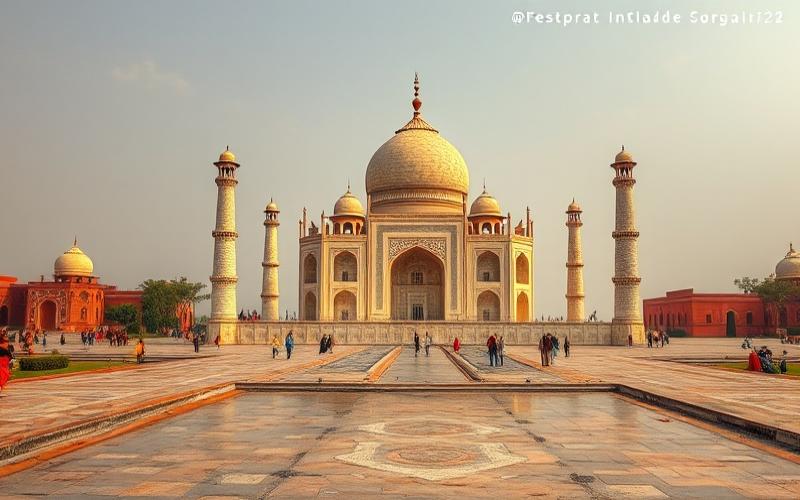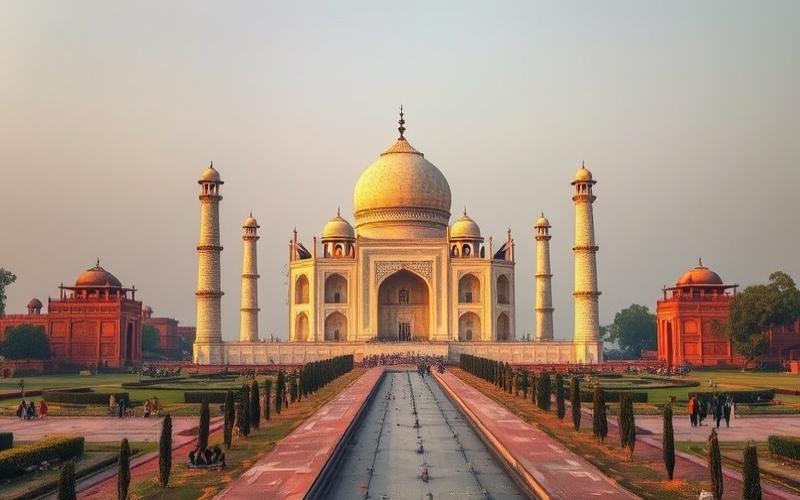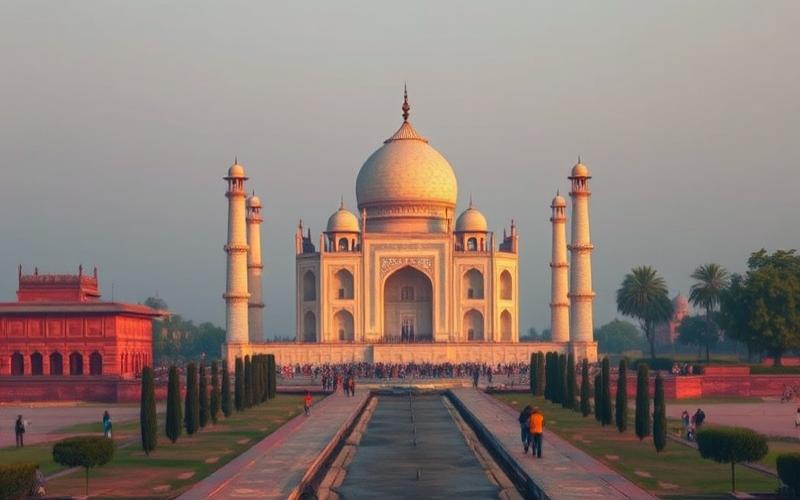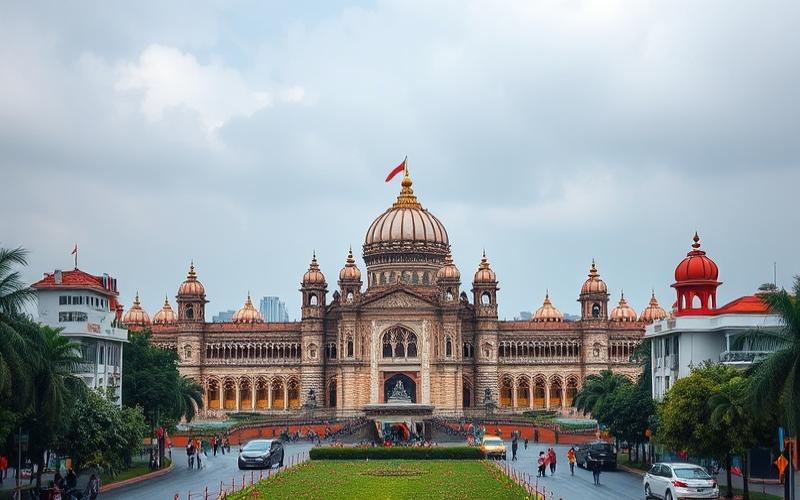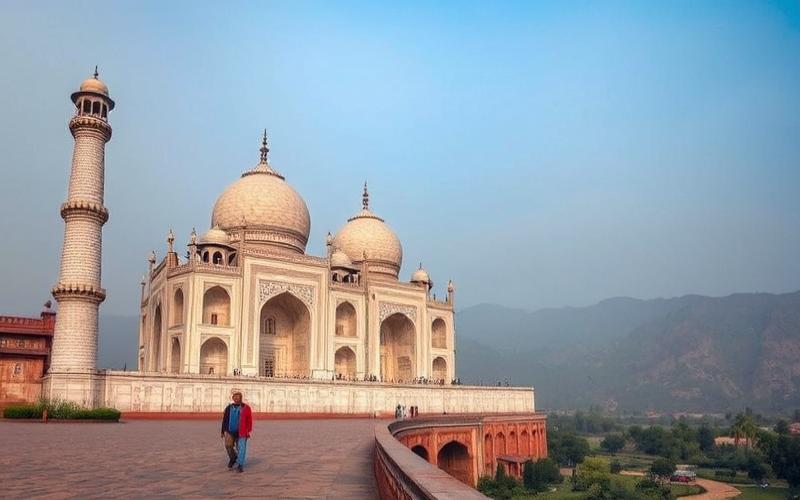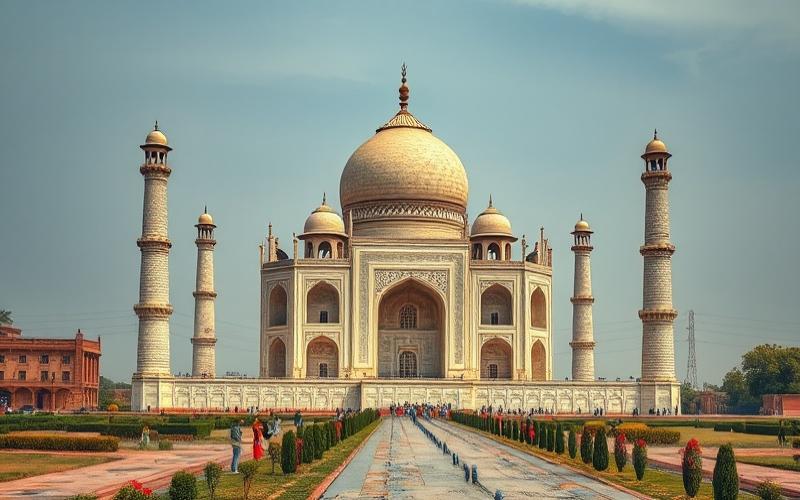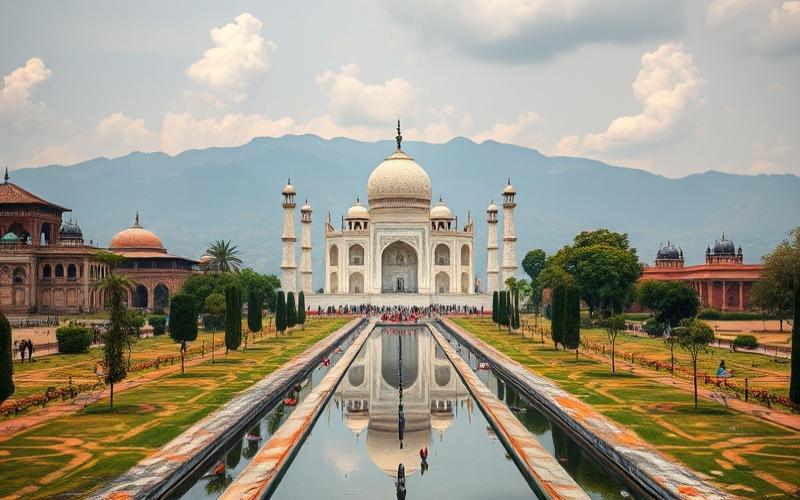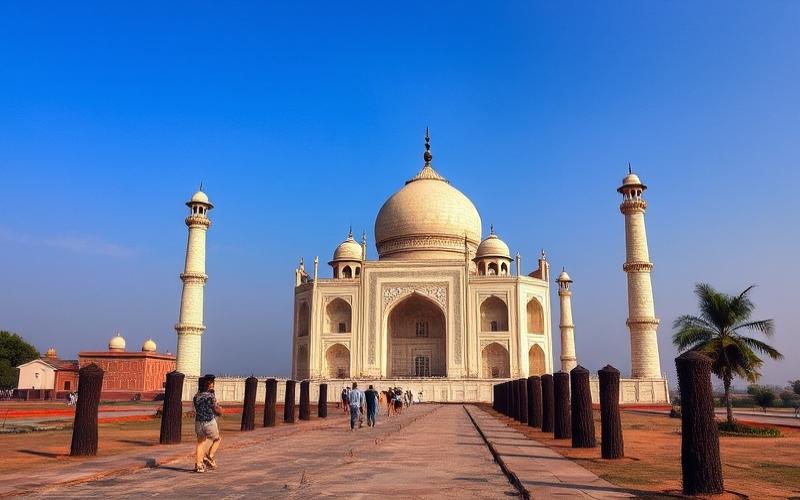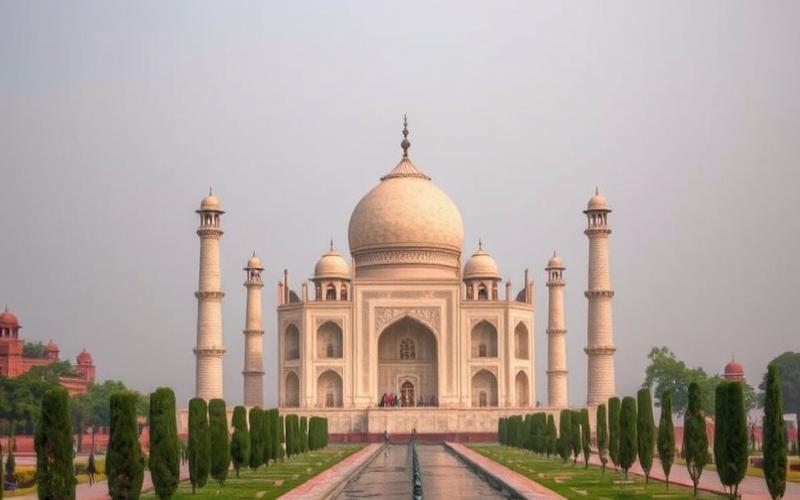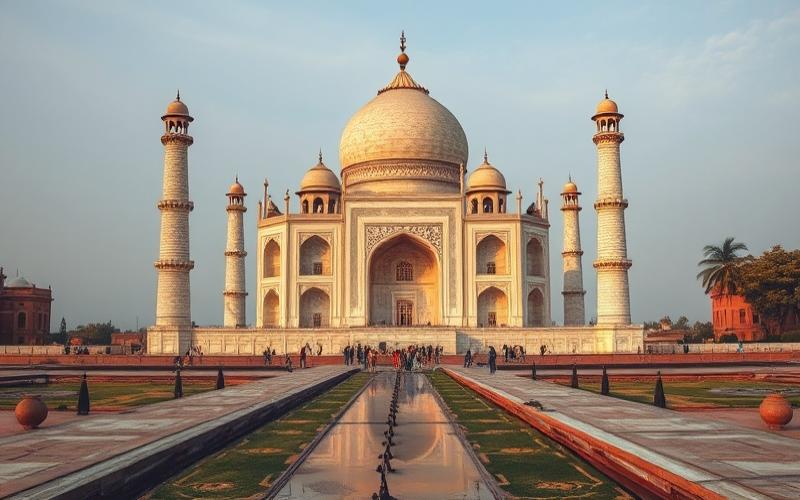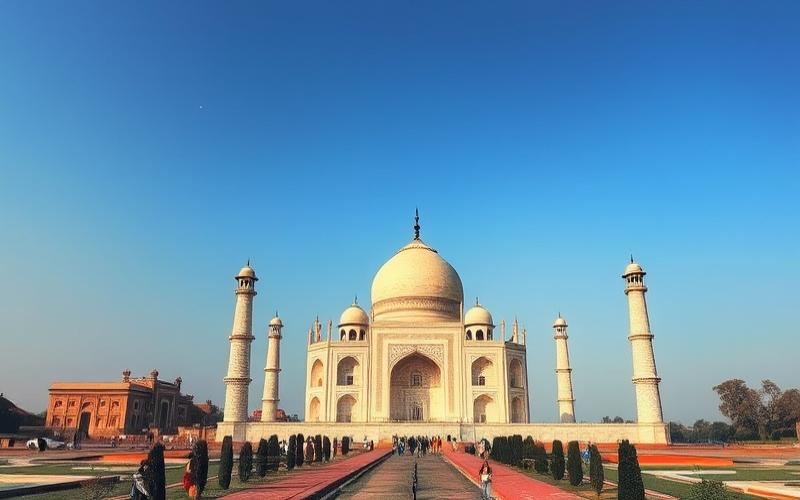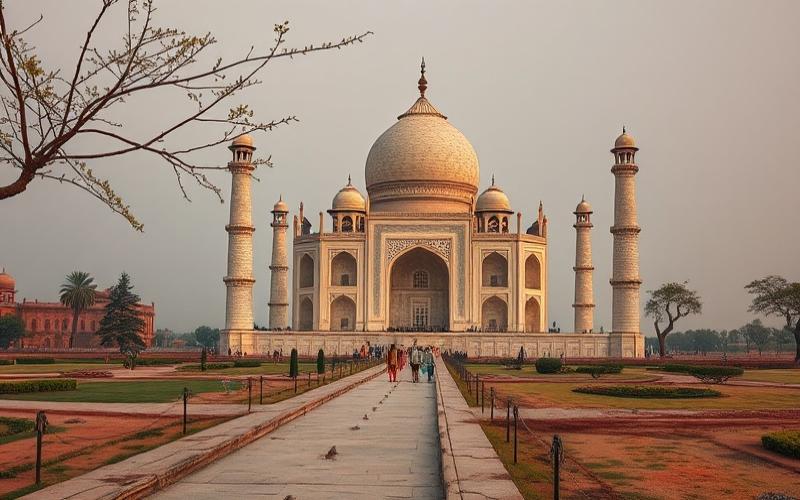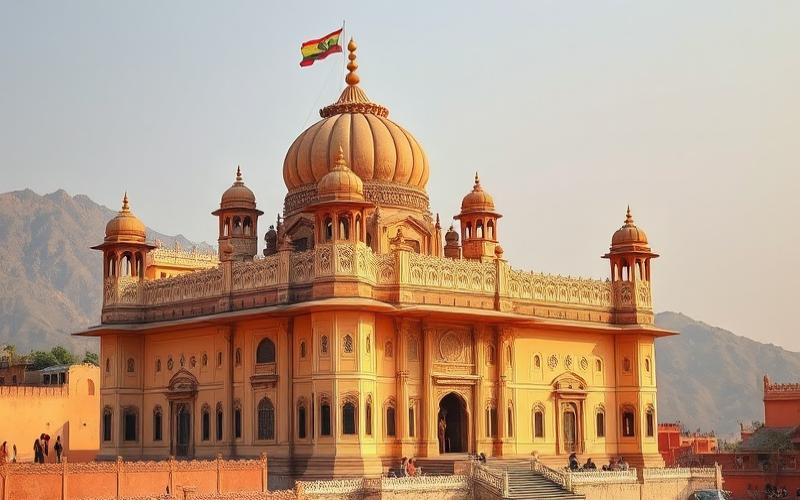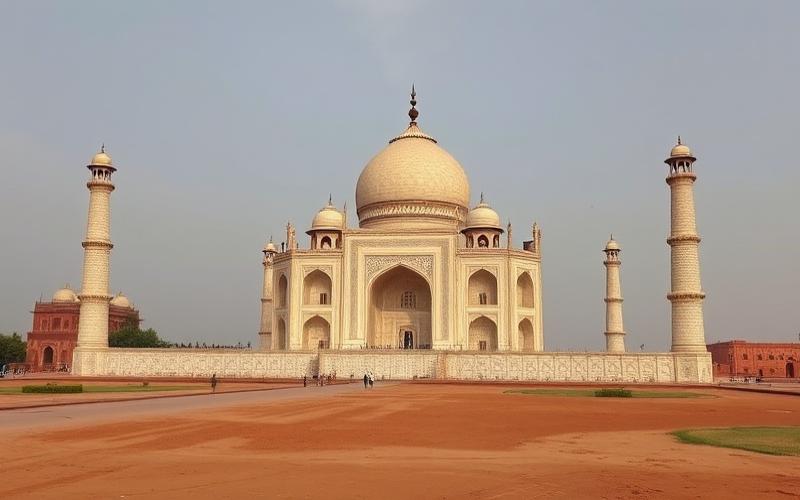
 Published on and written by Cyril Jarnias
Published on and written by Cyril Jarnias
India, a vast nation with multiple legislative facets, presents a complex legal framework regarding foreigners’ rights, reflecting its cultural and political diversity. With a rapidly expanding economy and growing migration challenges, a significant number of foreigners face administrative decisions that can profoundly impact their resident status. Understanding the available remedies against these decisions becomes crucial for affected individuals, lawyers, and human rights activists, prompting a detailed exploration of legal methods to effectively challenge administrative acts perceived as unjust or discriminatory.
Available Remedies for Foreigners in India
Legal remedies available to foreigners to challenge administrative decisions in India
Foreigners in India have several legal avenues to challenge administrative decisions, particularly concerning immigration, deportation, residence permits, or employment.
Main Avenues of Recourse
- Judicial Proceedings
- Filing with lower courts (District Courts) for basic administrative disputes.
- Appeal to the State High Court (High Court) to contest administrative decisions or violations of fundamental rights. The High Court has the power to review the legality of administrative authorities’ decisions and can order interim measures (such as suspension of a deportation order).
- Possibility to appeal to the Supreme Court of India in cases of infringement of fundamental rights or to challenge a High Court decision. The Supreme Court examines appeals and can intervene in cases of manifest error or unconstitutionality.
- Administrative Tribunals and Commissions
- Foreigners Tribunals: Specialized courts to examine the legality of stay and deportation orders for foreigners.
- Labor Courts (Labour Courts, Industrial Tribunals) for labor law issues concerning expatriates.
- Review Commissions: Certain administrative decisions, particularly in immigration matters, may be re-examined by internal administrative commissions before any judicial recourse.
Concrete Examples of Effective Remedies
– A foreign national sentenced to deportation was able to obtain a suspension of the measure by petitioning the High Court, which ordered a review of the administrative decision for non-compliance with the right to a fair trial.
– Expatriates challenging the non-issuance or refusal to renew their visas succeeded before the High Court, which ruled that the reasons given by the administration were insufficiently justified or constituted discrimination.
– In the employment sector, expatriates have used labor courts to assert their rights to social security or contest wrongful termination, sometimes with the support of their embassy or specialized legal counsel.
Common Challenges Faced by Foreigners
| Challenge | Description |
|---|---|
| Delays | Judicial procedures are often lengthy due to court backlogs. |
| Costs | Legal fees, translation costs, and court expenses can be high for foreigners. |
| Language Barriers | Court proceedings are primarily in Hindi or English; interpreter services are possible but not systematic. |
| Cultural Barriers | Lack of familiarity with local customs, administrative complexity, differences in legal approaches and evidence. |
| Access to Information | Difficulty in obtaining reliable information on procedures and exact rights. |
Recommended Precautions and Resources
- Seek support from your country’s embassy or consulate for advice and potential mediation.
- Engage a lawyer specialized in Indian law or international law.
- Use official platforms (India Visa Application Centres, Bureau of Immigration, National Immigration Authority) and professional expatriate associations.
Note: Since the Immigration and Foreigners Act 2025, the centralization of procedures and progressive digitalization have streamlined some processes, but administrative rigor has increased, making any oversight potentially serious in its consequences.
Good to Know:
Foreigners in India can challenge administrative decisions through several legal remedies, including appeals to the High Court and Supreme Court for constitutional matters. Administrative tribunals and review commissions play a critical role in resolving immigration disputes. A notable example is that of canceled visas, where some decisions were overturned by the High Court following well-documented appeals. However, foreigners often face challenges such as extended processing times, high legal costs, and language or cultural barriers, making local legal assistance highly recommended to effectively navigate these complex procedures.
Steps to Challenge Administrative Decisions
Administrative decisions concerning foreigners in India that can be challenged include refusal to issue or renew a visa, deportation orders, refusal of resident registration, non-recognition of refugee or stateless status, and rejection of citizenship-related applications.
Key Steps to Challenge an Administrative Decision:
- Identify the type of decision (visa refusal, deportation, etc.).
- Verify the official text justifying the decision.
- Gather the necessary supporting documents for the procedure.
Formal Procedure for Filing an Appeal:
- File a claim with the administrative service that issued the decision (e.g., National Immigration Authority – NIA).
- Possible submission via a dedicated digital platform for certain procedures (since 2024).
- Strict adherence to deadlines: generally between 15 and 30 days following official notification.
| Responsible Service | Type of Recourse | Deadlines |
|---|---|---|
| NIA (National Immigration Authority) | Initial administrative appeal / request for internal review | 15 to 30 days |
| Ministry of Home Affairs – Foreigners Division | Hierarchical appeal or formal written complaint after failure of the first recourse | 30 days |
Documents Required for a Challenge:
- Full copy of the official notification received
- Current passport and visa
- Additional evidence as applicable: Indian birth certificate (for status-related challenges), proof of legal employment/residence, medical documents if relevant
Rights of Foreigners During the Process:
- Access to the complete administrative file related to their situation
- Right to a reasonable period to prepare their defense/appeal
- Possibility to be assisted by a lawyer or specialized organization
Authorities That Can Be Petitioned if the Initial Appeal Fails:
| Petitioned Authority | Jurisdiction | Conditions |
|---|---|---|
| Local Administrative Tribunal | Review of ordinary executive decisions | Mandatory prior recourse exhausted |
| Local High Court | Challenges involving constitutional interpretation/fundamental legality | Direct petition possible in some serious cases |
Possible Recourses in Case of Unsatisfactory Response:
- Potential petition to the Supreme Court, only for major issues affecting fundamental rights.
- Urgent request to the competent judge if immediate risk (imminent deportation).
Potential Implications and Available Assistance:
List of Implications:
- Temporary suspension or provisional stay in the territory during review.
- Increased risk in case of final rejection: immediate legal obligation to leave the country under penalty of criminal prosecution.
- Potential listing on the Indian immigration blacklist preventing any future return.
Available Legal Assistance:
- Support from NGOs specialized in human/migrant rights
- Free preliminary advice before official steps
- Accompaniment in court
- Mediation with foreign consular authorities
Legal Framework:
Every foreign individual has the right to minimal due process and can appeal through the avenues provided by the Immigration and Foreigners Bill, 2025.
In Summary:
- Precisely identify the nature of the contested administrative action.
- Promptly file the application with all required supporting documents to the competent service.
- Successively petition the administrative tribunal and then the High Court if necessary.
- Seek legal assistance as soon as possible to maximize chances before India’s strict and centralized authorities since 2025.
Good to Know:
In India, foreigners can challenge certain administrative decisions, such as visa refusals or extensions of stay. The recourse begins by filing a complaint with the competent authority, generally the Ministry of Home Affairs or the Bureau of Immigration, within a precise deadline often 30 to 60 days depending on the contested decision. Required documents include a copy of the decision, identification, and any relevant justifications. Foreigners have the right to be informed throughout the procedure and can petition administrative tribunals or the High Court if the initial appeal is rejected. In case of an unsatisfactory decision, appeal to these higher authorities is possible. It is essential to consult a lawyer specialized in foreigners’ law to benefit from legal assistance, as this can strengthen the quality of the case. A challenge can have significant legal implications and, in some cases, help obtain an extended residence status or correct administrative errors.
Expatriates’ Rights Regarding Immigration Decisions
| Visa Type | Main Purpose | Duration/Validity | Application Procedure | Required Documents |
|---|---|---|---|---|
| Tourist Visa | Tourism, private visits | Up to 5 years (e-Visa), short stays | Online form, e-Visa or standard application | Valid passport, photo, flight ticket, financial proofs |
| Business Visa | Professional activities without salaried employment | 1 to 5 years depending on type | Online form or VFS Global center, mandatory Indian invitation letter | Passport, photo, letter from Indian company/invitation |
| Student/Internship Visa | Long-term studies or university/formal internships (max. 6 months for internship) | Duration of course/official admission required | Prior admission to an Indian institution and online/paper procedure depending on duration/visa requested | University admission/internship letter in India, valid passport |
| Employment/Professional Transfer/Skilled Talent Visa (2025) | Employment under contract with a registered company in India/intra-group transfer/specific expertise required by recent Indian labor market reform (Skilled Talent Visa) NEW (2025): Startup Visa/Digital Nomad Visa/Investor Visa for specialized profiles and foreign entrepreneurs. Immigration and Foreigners Act (2025). | 1 to 5 years renewable depending on contract/visa type/new digital categories introduced since the 2025 reform. On-site renewal possible. | Digital procedure via official portal or authorized VFS Global center. Biometrics and artificial intelligence integrated into the process since the IIMS/NIA/Bureau of Immigration centralization reform. | Indian employment contract/bank statements/medical certificate/passport/photo/job offer/digital forms. |
Main Fundamental Rights of Expatriates Granted by Indian Legislation:
- Right to fair treatment during administrative procedures related to visas.
- Right to information on the reasons for an adverse decision, particularly refusal/withdrawal/revocation.
- Access to competent courts: possible recourse before the National Immigration Authority (National Immigration Authority – NIA), the Bureau of Immigration, and ordinary judicial jurisdictions.
- Protected individual liberty, except in cases expressly provided by law (criminal/health exclusion).
- Right to appeal against any administrative measure affecting residence, including judicial review by High Courts (High Court) and subsequently before the Supreme Court.
Available Recourses Against an Adverse Decision:
- Administrative appeal to the NIA/Bureau of Immigration.
- Informal appeal to the authorities that initially ruled.
- Direct petition to the High Court via constitutional procedure (“writ petition”: manifest violation of a fundamental right).
- Subsequent appeals to the Supreme Court (Supreme Court of India) if a major constitutional question is raised.
Competent Authorities:
| Competent Authority | Type of Dispute Handled |
|---|---|
| National Immigration Authority (NIA)/Bureau of Immigration | – Contesting visa refusal – Revocation/retention of documents – Special status applications |
| High Court (“High Court”) | – Judicial review “writ petition” – Control of legality of local/national administrative decisions |
| Supreme Court (“Supreme Court of India”) | – Major constitutional questions – Ultimate appeal against High Court decision |
Recent Examples Illustrating Expatriates’ Rights:
In March 2024, a French national succeeded against an arbitrary refusal of a student visa extension: the High Court ordered that the administration explicitly justify its decisions so that any foreigner can effectively challenge them in court.
In July 2023, an Australian entrepreneur had his right to due process recognized before forced withdrawal of the Investor Visa permit; this ruling now mandates systematic prior hearing for any expatriate threatened with administrative deportation.
- Always demand written notification justifying any negative measure taken by immigration authorities.
- Keep certified copies of exchanges with administrations/exact location of the office handled.
- Immediately consult a specialized lawyer upon receipt of negative notice; prefer firms experienced in international immigration litigation and/or recognized local French-speaking associations.
- Prefer digital filing via the official IIMS/NIA portal to expedite case processing; strictly follow official deadlines indicated in received notifications (generally between seven working days and thirty days after notification).
Key Points Outlined:
Expatriates now have:
- Direct access to the National Immigration Authority,
- Formal right to due process,
- Accelerated digital procedures thanks to recent reforms,
- Strengthened support from internationally recognized local legal/associative aid, even when facing adverse decisions concerning their stay in India!
Good to Know:
In India, expatriates can benefit from various types of visas, such as business, employment, and residence visas, each with its own application procedures. Indian legislation guarantees certain fundamental rights to expatriates, such as the possibility to challenge an immigration decision through courts or other legal mechanisms. In case of a challenge, appeals can be made to the Immigration Appellate Authority, High Courts, or the Supreme Court. A notable example is the case M.S. Johar v. Ministry of Home Affairs, where the Supreme Court affirmed foreigners’ rights to fair treatment. Expatriates are advised to consult a specialized lawyer to understand the nuances of the Indian legal system and avoid costly procedural errors. The services of a good lawyer can facilitate the appeal process and improve chances of success by providing valuable expertise and advice on required documentation.
Disclaimer: The information provided on this website is for informational purposes only and does not constitute financial, legal, or professional advice. We encourage you to consult qualified experts before making any investment, real estate, or expatriation decisions. Although we strive to maintain up-to-date and accurate information, we do not guarantee the completeness, accuracy, or timeliness of the proposed content. As investment and expatriation involve risks, we disclaim any liability for potential losses or damages arising from the use of this site. Your use of this site confirms your acceptance of these terms and your understanding of the associated risks.


